With the evolution of IT and online resources, we now have more access to information than ever before including journals, biographies, books, online newspapers, blogs, forums and the list goes on. With so much information available at our fingertips, people are becoming more aware of various topics of interests… A popular one being health and wellness.
Social media is one source that is bursting with different facts about health and nutrition in accordance to individual’s experiences and research. Balancing the mind, body and spirit through natural therapies and a nutritional diet is becoming a sought after goal for many. People who are choosing to go down the “health comes first” path are not only excited about doing so, but want to share it with others. There’s a noticeable shift in human consciousness with more and more people asking questions and seeking answers.
However, with any big transformation, comes a lot of controversy. It’s no secret that there are also a lot of people who are getting really tired of seeing the latest health trends publicised on the internet. Some claim that people are too easily falling for psychobabble nonsense that lacks factual truths. The words hypocrite, poser and phoney get tossed around too. Others would say people are just trying to fit in by taking on the latest health fad and even going so far as pretending to have dietary allergies. No doubt, there’s a growing mockery of these lifestyle changes whether it be about juicing, detoxing, meditation, yoga, vegan diet, gluten free diet, dairy free diet or spiritual exploration. Irrespective of whether there is any truth in these accusations, my question is, where does this passionate disapproval come from AND is it helpful?
As human beings we have a natural desire to belong, connect and relate to others. When something doesn’t align with our already made opinion, we feel like we need to protect it. That means arguing against the opposing side or insulting it. It seems to come less natural to us to be supportive of things that disagree with us. Why? According to famous author and MD Gordon Livingston it’s because we don’t like be told what to do. Our reaction to indifference is generally resentment progressing to obstinacy. Livingstone quotes, “we are not obedient people.” However, he holds strong in believing that this type of behaviour is often ineffective and we must stop the constant criticism.
Perhaps these “health nuts” deserve a little more credit both in their research and experiences? If we could listen, then we would be less inclined to attack. Understandably so, it can get irritating to have something you aren’t that interested in thrown at you left, right and centre. And many of us need to have our own experiences to have profound changes in our way of thinking. However, mocking an idea that you don’t understand or resonate with achieves very little, whereas listening is a lot more effective. You may not agree and that’s fine, but wouldn’t it be liberating if we could let go of our strong attachments to our beliefs? Instead of taking a conflicting idea as a personal dig, you understand that different things work for different people. Knowing that is personal freedom in itself. As well respected Australian author and psychologist Hugh Mackay said “one of the most courageous things you can do is listen, because it just might change your mind.”
Being curious about this arising transformation, I’ve taken special notice to the topic in regards to why so many people can’t stand to hear about it, but also why people are making these lifestyle changes? I have observed a common motivator behind the search for lifestyle changes that’s relevant to many, and that’s suffering.
Often times, we must experience something really challenging for us to change our habitual behaviours and tendencies that we’ve developed over time. It might be mental suffering in search for purpose and meaning. It might emotional suffering in a search for comfort and belonging. Or it might be physical suffering in search for wellness and restoration of health. Regardless of which one it is, or it be all three, when something you never took much notice of before becomes vulnerable, important questions arise like…What does my life and health mean to me AND can I make the necessary changes?
Sure, some people get dealt a bad hand or are just unlucky. However, there’s much evidence that proves that a lot of suffering and diseases can be prevented with a healthy balanced diet and lifestyle. That’s one reason why so many people are searching for alternative ways of healing rather than masking a problem with a temporary Band-Aid like pharmaceutical drug usage or the common remedy of denial.
Naturopath and author Mim Beim believes in changing our lifestyles and diet before taking any kind of medicine. Beim suggests that cancer cells are addicted to a few things including sugar, animal protein, alcohol, smoking and processed foods. Cancer will live happily in a body filled of these types of things but cannot survive in an alkaline diet rich in fruits and vegetables. A study was done comparing cancer rates in Japan, which measured how cancer cases increased within one generation of migrants after moving to Hawaii and transitioning to Americanised foods. Not the first study, nor the last to prove “we are what we eat.”
Like anything in life, balance is an important one to remember in regards to your health. Some easy ways to get those good nutrients on a busy day is having a smoothly or juice filled with lots of good stuff (I.E go green with kale, spinach, natural yogurt, coconut water, chia seeds, maca powder). Think raw veggies or nut mix for snacking… Kale chips are also delicious. Add some Fibre to your day as it helps with digestion, which is great for disease prevention. Super fruits are blueberries, grapefruit and cranberries. Add more herbs and spices to your dinners like garlic, leeks, turmeric, and rosemary. Avoid refined sugars and starchy foods. Drink lemon and ginger water, it does wonders. Eat fish pink or white, full of good stuff! Lastly, try to source your meats from markets and organic farmers when possible.
Without being too over the top, it’s good to be mindful of these facts so we can make informed decisions about how we fuel our bodies. It’s your prerogative how far you go with it. Like American author Michael Pollan said, “Don’t eat anything your great grandmother wouldn’t recognise as food.” Thanks for reading!



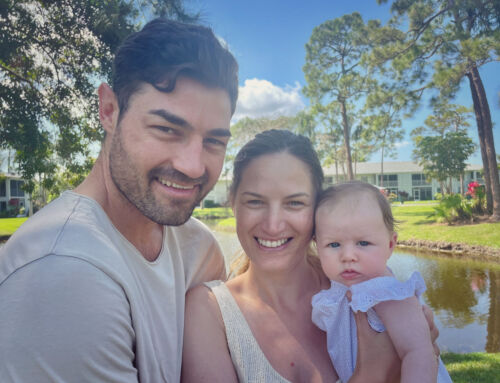
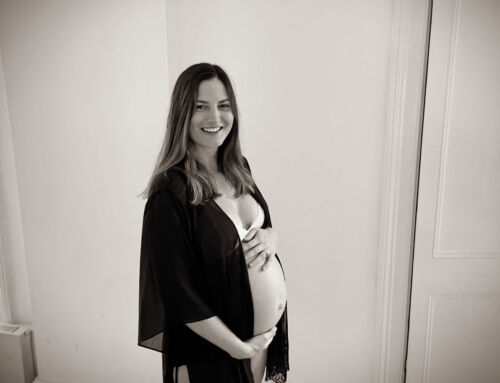
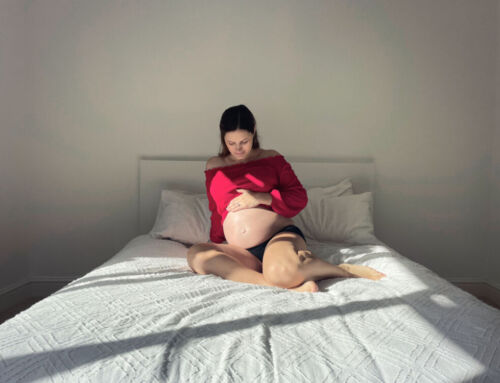
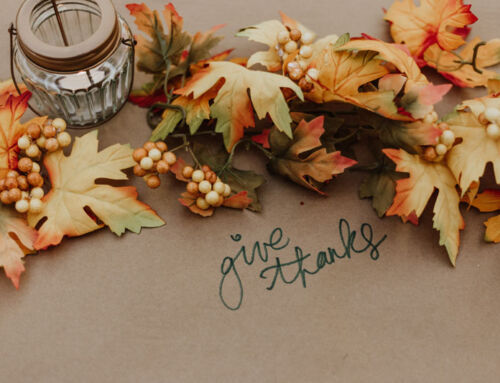
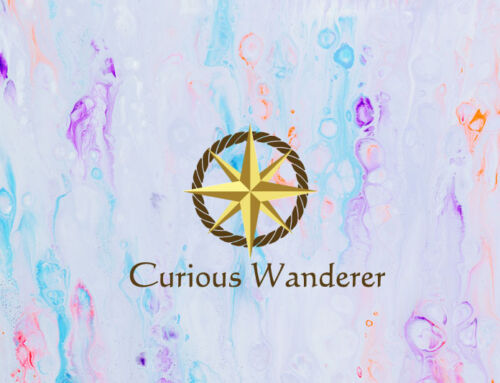
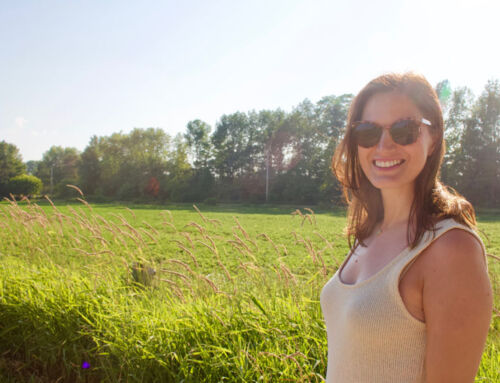

I have read so many articles or reviews about the blogger lovers
except this piece of writing is really a fastidious
post, keep it up.
Thank you for the compliment, I really enjoyed writing this particular piece.
Here’s what I like best about the paleo diet It emulates what our heutnr-gatherer ancestors ate — a high-protein, high-fruit and veggie diet with moderate amounts of fat, but with high quantities of healthful omega-3 and monounsaturated fats. This is one of the best ways to lose weight because you do not feel hungry all throughout your diet and then become inclined to binge eat and gain all the weight again after the diet.
Awesome! Thanks your sharing!
Thank you! I appreciate that.
Way cool! Some very valid points! I appreciate you penning this post and also
the rest of the website is also very good.